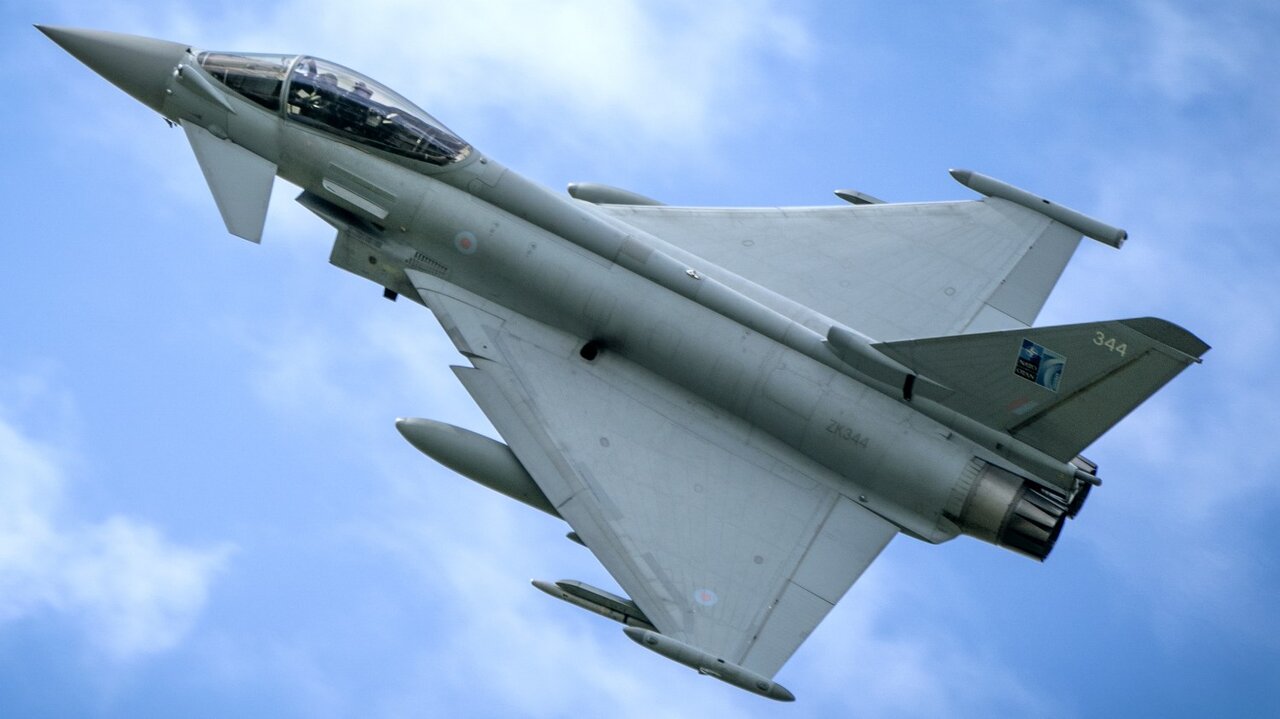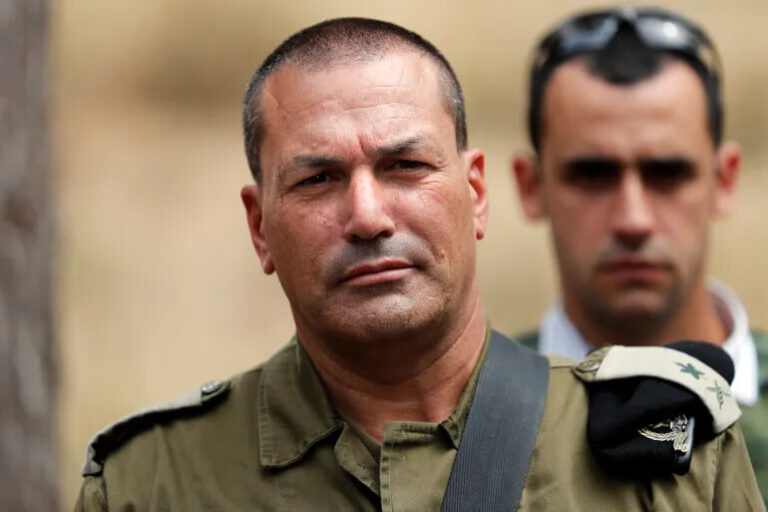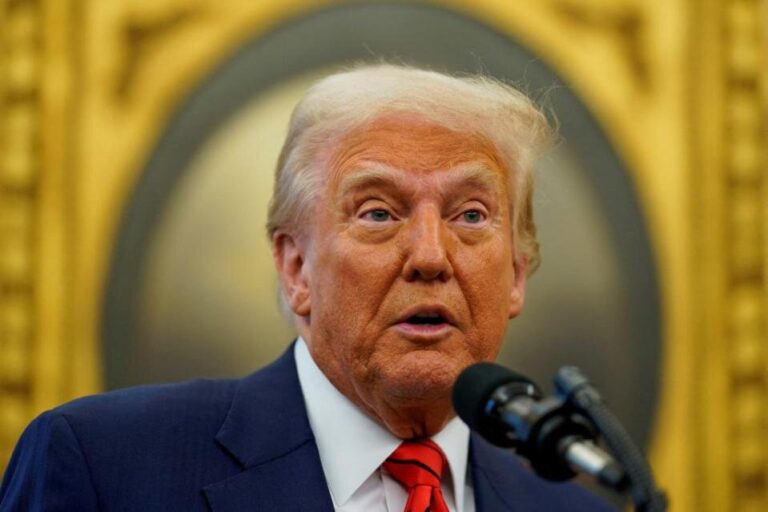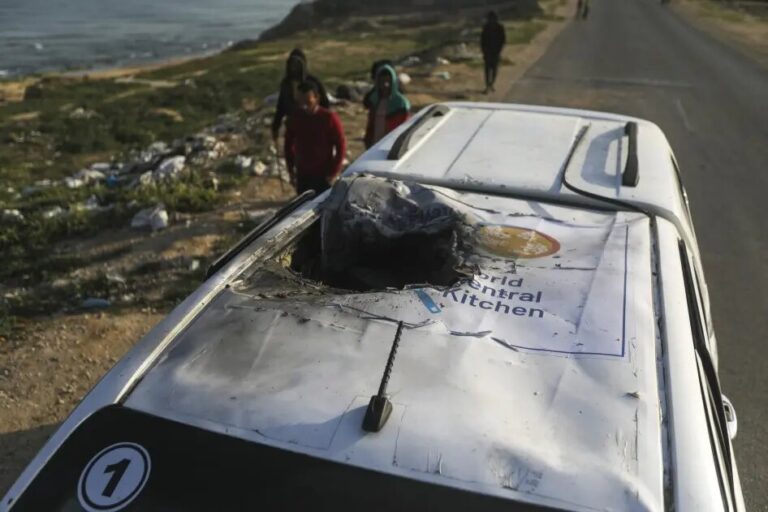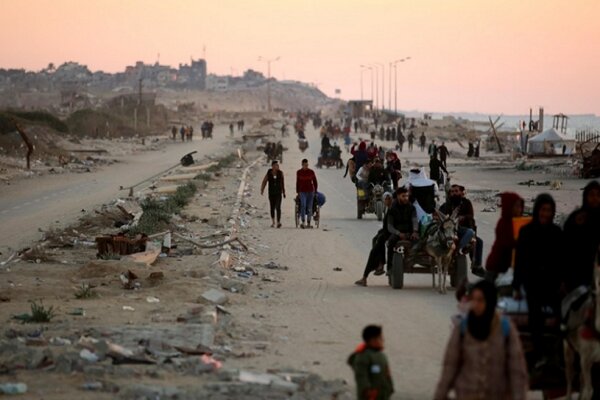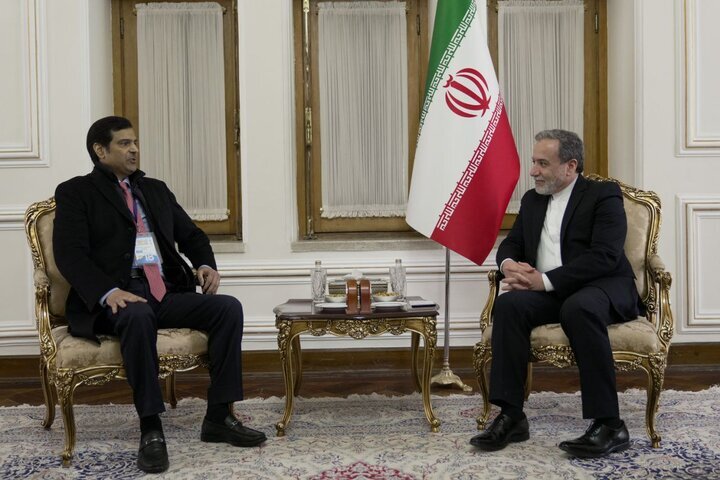UK Readies Typhoon Fighter Jets for Ukraine: A Bold Move in Support of Freedom
In the ongoing discussions surrounding the Ukraine conflict, Russia’s Foreign Minister Sergey Lavrov has made it clear that Moscow will not endorse the deployment of NATO troops to Ukraine as part of any peace agreement. This stance was reported by The Times, highlighting the complexities involved in the negotiations.
On Tuesday, the United States and Russia engaged in a prolonged four and a half hour dialogue aimed at finding a resolution to the ongoing war. Notably, this meeting took place in Saudi Arabia without the participation of any European nations, raising questions about the role of Europe in these crucial discussions.
During the negotiations, Lavrov expressed skepticism regarding the proposed establishment of a European-led peacekeeping force in Ukraine. He articulated Russia’s firm position by stating, “The appearance of troops from NATO countries … under a foreign flag, the flag of the European Union or the national flag, is unacceptable.” This declaration underscores Russia’s unwavering stance against foreign military presence in the region.
Here are some key points regarding Lavrov’s statement and the current geopolitical climate:
- Russia’s Firm Stance: Lavrov’s comments reflect a hardline position against NATO’s involvement in Ukraine.
- Extended Negotiations: The lengthy discussions between the US and Russia indicate a willingness to explore potential resolutions, albeit with significant challenges.
- Absence of European Nations: The lack of European representation in the talks raises concerns about the effectiveness of the negotiations.
- Potential Peacekeeping Forces: Lavrov’s skepticism towards European-led initiatives signals difficulties in reaching an agreement.
The ongoing war has generated significant international attention, and the implications of these discussions are far-reaching. The absence of European nations in the talks could hinder the development of a comprehensive peace strategy that addresses the concerns of all parties involved.
Moreover, Lavrov’s comments resonate deeply with the sentiments of Russian leadership and reflect a broader narrative that seeks to maintain sovereignty and territorial integrity in the face of Western military alliances. The rejection of NATO troops signifies a strong opposition to perceived foreign intervention in what Russia considers an internal matter.
As the conflict continues, it is crucial for all parties to engage in open dialogue while respecting each other’s perspectives. The path to peace in Ukraine is fraught with challenges, but constructive conversations are essential for finding common ground.
In conclusion, the recent discussions between the US and Russia represent a critical juncture in the quest for peace in Ukraine. With Russia’s firm rejection of NATO troop deployment, the focus now shifts to finding alternative solutions that can facilitate a stable and lasting resolution to the conflict. The geopolitical landscape remains delicate, and the involvement of European nations may prove vital in shaping a successful outcome.
